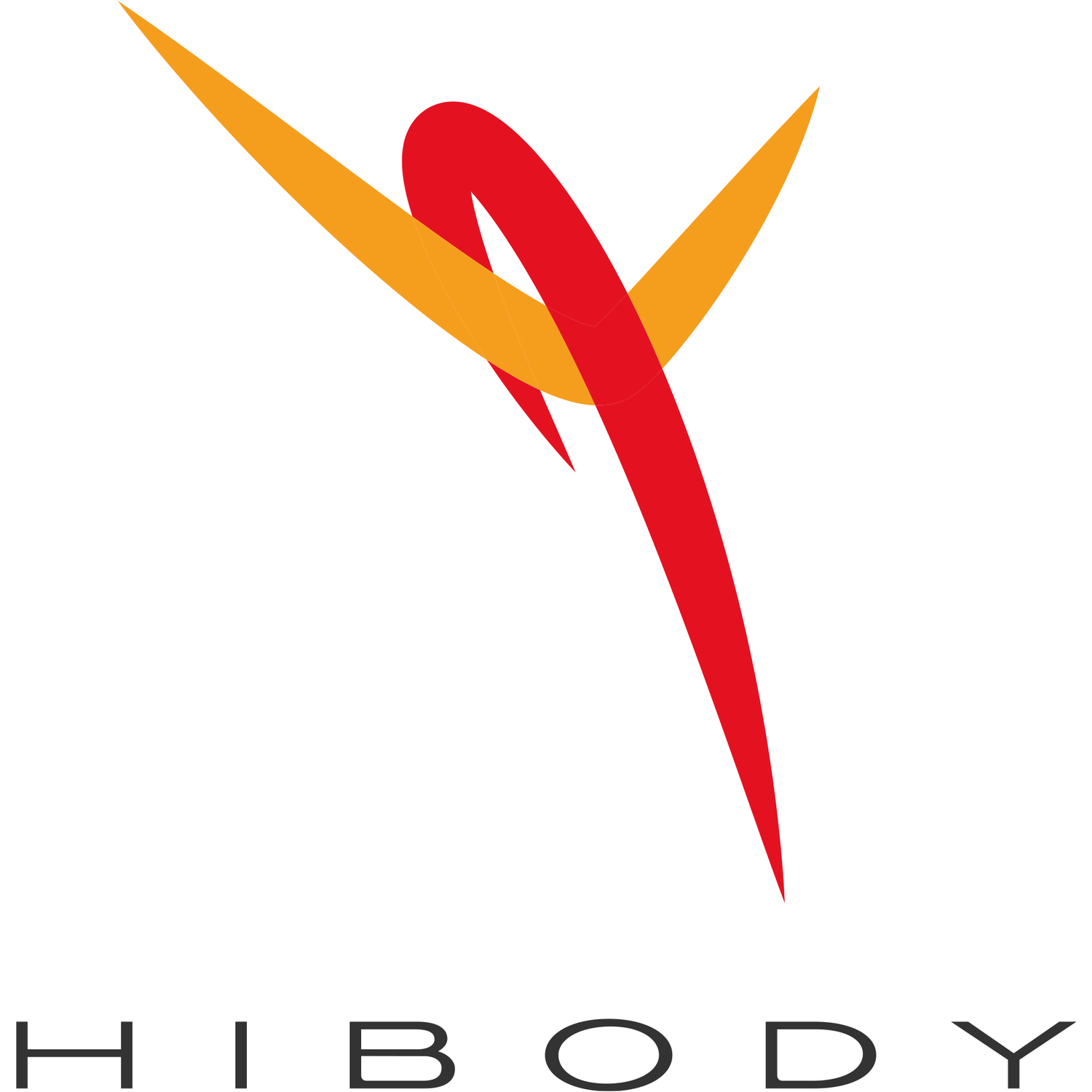Supplements
If you thought figuring out what to eat was a minefield of conflicting information, wait until we get into supplements. The global dietary supplements market size is projected to reach USD 230.73 billion by 2027, registering a CAGR (Compound annual growth rate) 8.2% over the forecast period, according to a new report by Grand View Research, Inc. The market is backed by rising health awareness globally among consumers of all age groups coupled with a considerable rise in the number of fitness centres and gymnasiums. The stakes are high and unless you dig into the data of each study endorsing a particular product and look at the samples etc it’s hard to know what’s legitimately beneficial. Relax, at Hi-body we have done the hard work for you. Here are the main supplements that the general consensus agrees are beneficial and not so beneficial.
CREATINE BUILDS MUSCLE
Creatine is one one of the most widely-studied supplements on the planet. It’s been proven over and over in study after study to be significantly beneficial for strength and muscle gain. It’s not only safe but also one of the most popular and effective supplements in the world for building muscle and strength.
Improves performance
Increases muscle growth
https://www.healthline.com/nutrition/10-benefits-of-creatine#section2
PROTEIN POWDERS
As discussed in the EAT section, the priority is to get our food from natural unprocessed sources. It’s hard to imagine a more processed food than protein powders. As a general rule, the longer a food sits on a shelf, the worse it is for you. To a large extent that’s exactly a key attribute that protein powders are created to do. If it’s a choice between nothing and a convenient protein shake, maybe. But real food is the priority. Although protein powders can be a convenient way to hit our protein target, there’s nothing in protein supplements you can’t get in real food.
https://www.health.harvard.edu/staying-healthy/the-hidden-dangers-of-protein-powders
VITAMIN B12
Vitamin B12 is an essential nutrient that helps keep the body's nerve and blood cells healthy and helps make DNA, the genetic material in all cells. Vitamin B12 also helps prevent a type of anemia called megaloblastic anemia that makes people lethargic. If you are experimenting with plant-based diets it’s a must have.
https://ods.od.nih.gov/factsheets/VitaminB12-HealthProfessional/
VITAMIN D3
Vitamin D3 is more than a vitamin, it’s converted to a hormone that may help protect against Covid 19. Recommendations are no more than 4000 ius a day. Aside from regulating the amount of calcium and phosphorus in our blood, Vitamin D3 benefits our overall health and wellbeing. Getting sufficient Vitamin D3 contributes to the healthy function of our immune systems, improving resistance against certain diseases.
Assists in fat loss
Reduces depression
Improves immune function
https://ods.od.nih.gov/factsheets/VitaminD-HealthProfessional/
FISH OIL
(Omega-3s)
Fish oils contain the omega-3 fatty acids eicosapentaenoic acid (EPA) and docosahexaenoic acid (DHA), precursors of certain eicosanoids that are known to reduce inflammation in the body and improve hypertriglyceridemia. These supplements may even help prevent and treat depression and anxiety. EPA seems to be the most effective component at fighting depression.
Other benefits could be:
Reduces body fat
Improves mood, lowers depression
Improves immune system
Fights age-related decline
Improves sleep
https://www.healthline.com/nutrition/17-health-benefits-of-omega-3
MELATONIN
Melatonin is an Interesting hormone as well as a powerful antioxidant, which many find improves sleep quality. It may even raise growth hormone levels in men. In fact, it may help support eye health, treat stomach ulcers, heartburn and ease tinnitus symptoms. Unfortunately there is a growing body of evidence that melatonin can inhibit testosterone production in males.
Can support deeper sleep
Can improve mood
Can increase HGH (human growth hormone)
Can inhibit testosterone production
https://selfhacked.com/blog/melatonin/
https://pubmed.ncbi.nlm.nih.gov/?term=melatonin%20and%20testosterone
CBD
CBD oil is made by extracting CBD from the cannabis plant, then diluting it with an oil - like coconut or hemp seed oil. It’s gathering attention in the health and wellness world, with some scientific studies confirming it may ease symptoms of ailments like chronic pain and anxiety. Here are some health benefits of CBD oil that are backed by science.
Pain relief
Can reduce anxiety + depression
Anti-inflammatory
Promotes sleep
https://www.bbc.co.uk/news/health-48950483
https://pubmed.ncbi.nlm.nih.gov/?term=cbd+
BCAAs
BCAAS stands for branch chain amino acids. They are the building blocks of protein. Different foods have different amino acid profiles. There’s a total of 22 different amino acids, with nine of them being classified as essential amino acids – simply meaning that our body can’t produce them and we have to ingest them through various protein sources. The stomach breaks down protein into these acids so they can be absorbed by the body. If the stomach is designed to perform this process it seems unnecessary to consume a processed product that contains some pre-broken protein building blocks with the addition of colourings and artificial sweeteners. The general consensus is that BCAAs are unnecessary if an athlete is eating correctly, and they may have links to liver problems. You can get everything you need from real unprocessed whole foods.
https://pubmed.ncbi.nlm.nih.gov/?term=bcaas
https://builtwithscience.com/bcaas-benefits/
ARTIFICIAL SWEETENERS & IBS
Artificial sweeteners are to be generally avoided due to possible negative side-effects on the digestive system; potential links to IBS and other possible health problems.
https://www.ncbi.nlm.nih.gov/pmc/articles/PMC4819855/
